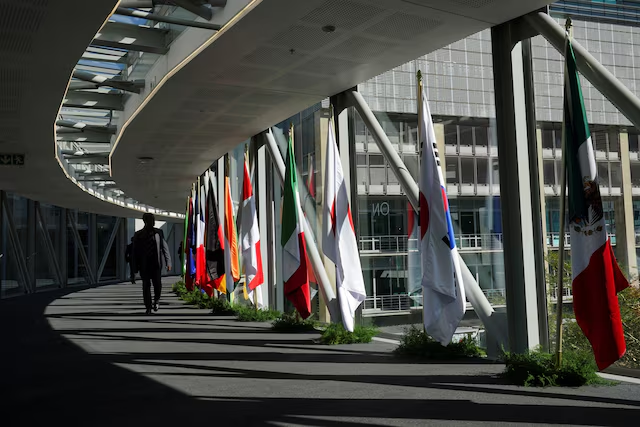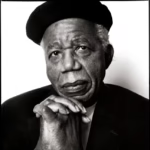Cape Town International Convention Centre that hosted the G20 Finance Ministers conference
February 28 – The Group of 20 Finance Ministers’ conference on global economic issues has ended in Cape town Thursday with the host, South Africa expressing disappointment that the talks ended without consensus, after top officials from several countries skipped it and delegates remained far apart on issues such as climate finance.
The two-day G20 meeting of finance ministers and central bankers failed to come up with a joint communique. However a “chair’s summary” issued by the host said participants “reiterated the commitment to resisting protectionism.”
The summary added they had “supported a rules-based, non-discriminatory, fair, open, inclusive, equitable, sustainable and transparent multilateral trading system,” using several words the Trump administration has already strongly objected to.
South Africa had hoped to make the G20 a platform for putting pressure on rich countries to do more to tackle climate change, to give more towards poorer countries’ transitions to green energy and to reform a financial system that favours investment banks at the expense of poor sovereign debtors.
But the talks were overshadowed by the absence of several key finance chiefs – such as from the United States, China, India and Japan – and foreign aid cuts by major economies like the United States and Britain, against a backdrop of rising geopolitical tensions.
South African Finance Minister Enoch Godongwana said he was “not happy” the G20 meeting could not issue a joint communique.
Bank of Japan Governor Kazuo Ueda told reporters after the meeting that “the broader G20 view was that if downside risks like geopolitical tension and supply chain disruptions materialize, that could hamper the G20 goal of achieving sustainable, balanced global growth.”
G20 countries account for 85% of global gross domestic product and 75% of international trade. The grouping was formed in response to the 1999 Asian financial crisis to improve cooperation in addressing shocks across national borders.



